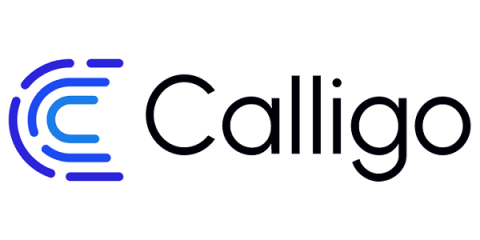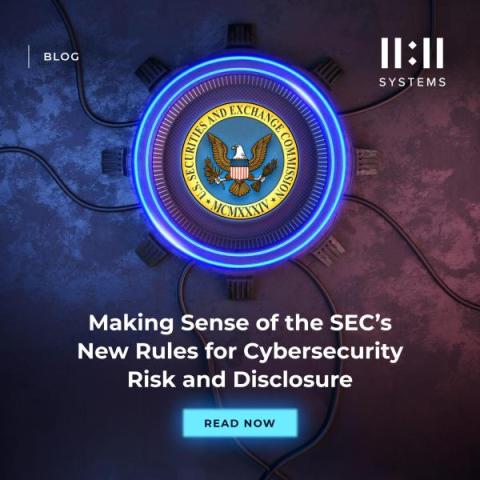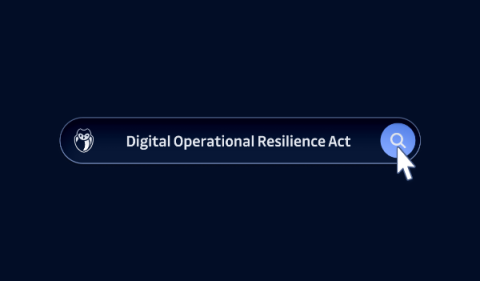Navigating the EU's proposed Artificial Intelligence Act: What Organisations Need to Know
The EU AI Act (the “AI Act”) is the world’s first comprehensive AI law. The Act lays down a harmonised legal framework for the development, supply, and use of AI products and services in the EU.











